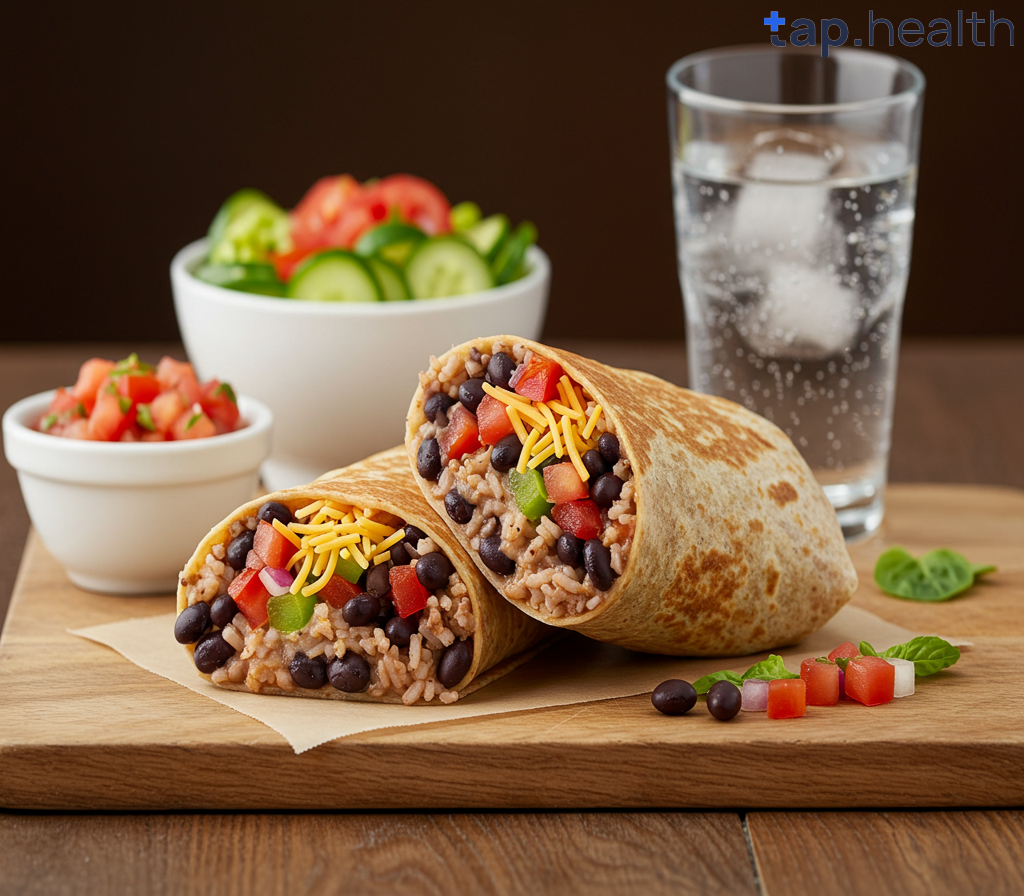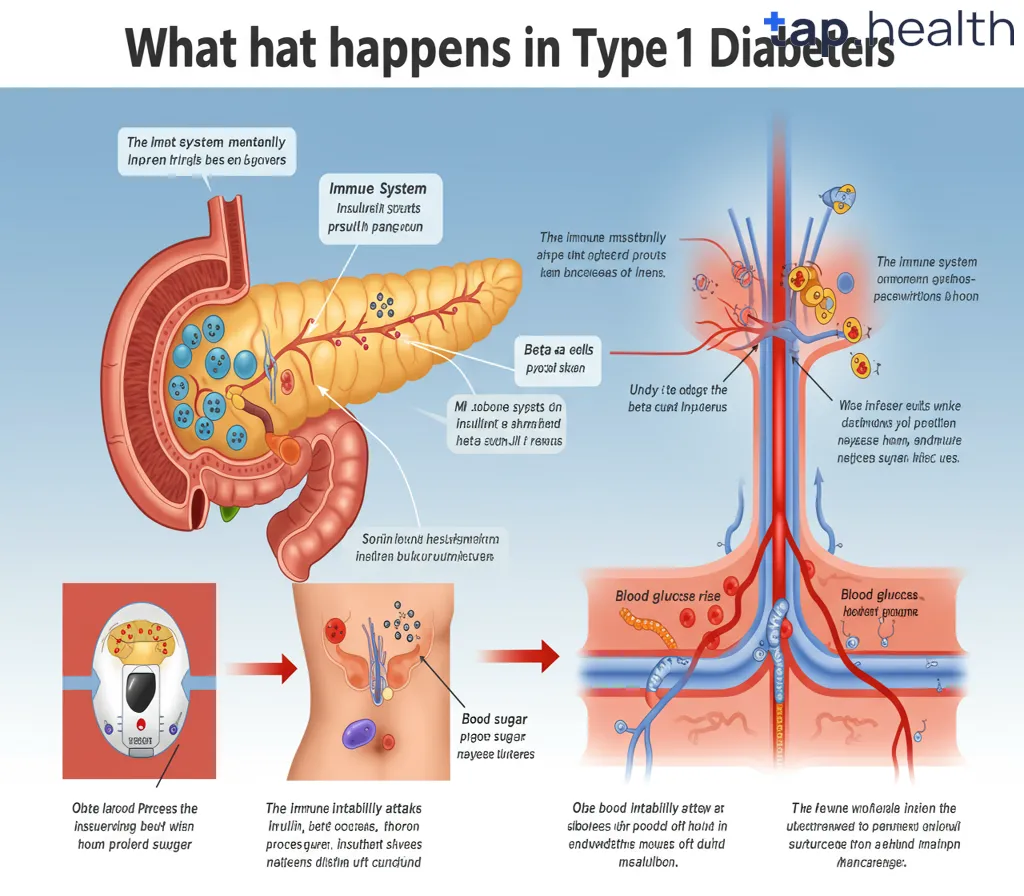Black beans are a nutrient-dense legume that is widely used in various dishes such as soups, salads, and stews. For individuals managing diabetes, choosing foods that help regulate blood sugar is crucial. So, is black bean a good option for diabetic patients? In this article, we will explore the nutritional benefits of black beans, how they affect blood sugar levels, and how they can be included in a diabetes-friendly diet.
Nutritional Benefits of Black Beans
Black beans are rich in protein, fiber, vitamins, and minerals. A 100-gram serving of cooked black beans contains:
- Calories: 339
- Carbohydrates: 62.4 grams
- Fiber: 16.6 grams
- Protein: 21.6 grams
- Vitamin B6: 0.2 mg (about 15% of the daily recommended intake)
- Iron: 2.1 mg (about 12% of the daily recommended intake)
- Magnesium: 70 mg (about 17% of the daily recommended intake)
- Potassium: 1,131 mg (about 24% of the daily recommended intake)
Black beans are an excellent source of plant-based protein and fiber, both of which help regulate blood sugar levels. They also provide essential vitamins like B6 and minerals such as iron, magnesium, and potassium, which support metabolic health and heart function.
How Black Beans Affect Blood Sugar Levels
For diabetics, managing blood sugar levels is essential. The glycemic index (GI) and glycemic load (GL) of foods play a key role in determining their effect on blood sugar.
Glycemic Index and Glycemic Load of Black Beans
Black beans have a low glycemic index (GI) of about 30, which means they have minimal impact on blood sugar levels. Foods with a low GI are digested and absorbed slowly, leading to gradual increases in blood sugar rather than sharp spikes. The glycemic load (GL) of black beans is also low, indicating that they have a minimal impact on blood glucose levels, even when consumed in larger portions.
The fiber content in black beans also plays a key role in regulating blood sugar levels by slowing the absorption of glucose and preventing rapid spikes in blood sugar.
Black Beans and Insulin Sensitivity
Insulin sensitivity is the body’s ability to use insulin effectively to regulate blood sugar levels. People with Type 2 diabetes often experience insulin resistance, where the body’s cells do not respond properly to insulin, leading to high blood sugar.
How Black Beans Help with Insulin Sensitivity
Black beans are rich in fiber and protein, which have been shown to improve insulin sensitivity and reduce insulin resistance. The fiber in black beans slows down the digestion and absorption of carbohydrates, which helps regulate blood sugar levels more efficiently. This can be particularly beneficial for diabetics seeking to improve insulin sensitivity over time.
Black Beans and Heart Health
Diabetes increases the risk of cardiovascular diseases, so maintaining heart health is important. Black beans provide several nutrients that promote cardiovascular health.
Potassium for Blood Pressure Control
Black beans are a good source of potassium, a mineral that helps regulate blood pressure. Potassium helps balance sodium levels in the body, supporting proper heart function and reducing the risk of high blood pressure, which is common in diabetics.
Fiber for Cholesterol Management
The fiber in black beans helps lower bad cholesterol (LDL) levels by binding to cholesterol and facilitating its excretion from the body. Lowering LDL cholesterol helps reduce the risk of heart disease, a common complication for diabetics.
Black Beans and Weight Management
Maintaining a healthy weight is essential for managing diabetes, as excess weight contributes to insulin resistance and poor blood sugar control.
Black Beans for Satiety and Portion Control
Black beans are high in fiber and protein, both of which help promote satiety and prevent overeating. The fiber in black beans slows digestion, leading to longer-lasting feelings of fullness, which can help manage portion sizes and prevent overeating. By including black beans in meals, diabetics can better manage their weight and support healthy blood sugar control.
How to Include Black Beans in a Diabetic Diet
Black beans are versatile and can be incorporated into many meals. Here are some ideas for including black beans in your diabetes-friendly diet:
In Soups and Stews
Black beans are commonly used in soups and stews, adding texture and nutrition. They can be paired with other vegetables, lean proteins, and spices to create hearty, diabetes-friendly meals.
In Salads
Add cooked black beans to salads for extra protein and fiber. Combine them with leafy greens, tomatoes, cucumbers, and a light vinaigrette dressing for a refreshing and blood-sugar-friendly salad.
In Tacos or Wraps
Black beans can be used as a filling for tacos or wraps. Combine them with vegetables, avocado, and lean proteins for a delicious and healthy meal.
In Smoothies or Dips
Black beans can be blended into smoothies for an added fiber boost or made into a savory dip like black bean hummus. Pair with raw veggies for a nutritious snack.
FAQ on Black Beans and Diabetes
Q1: Are black beans safe for diabetics to eat?
Yes, black beans are safe for diabetics. They have a low glycemic index, are high in fiber and protein, and provide several essential nutrients that help regulate blood sugar levels.
Q2: How much black beans can diabetics eat?
A standard serving of black beans is about 1/2 cup cooked. Since black beans are low in glycemic index and high in fiber, they can be consumed in appropriate portions without significantly affecting blood sugar levels.
Q3: Do black beans raise blood sugar levels?
No, black beans have a low glycemic index and will not cause significant increases in blood sugar levels. The fiber content in black beans helps slow glucose absorption and stabilizes blood sugar levels.
Q4: Can black beans help lower blood sugar levels?
While black beans do not directly lower blood sugar, their high fiber content and low glycemic index help regulate blood sugar levels and improve insulin sensitivity over time.
Q5: Can black beans help with weight loss for diabetics?
Yes, black beans are low in calories and high in fiber, making them a great option for weight management. The fiber helps promote satiety, reducing overeating and supporting healthy weight loss for diabetics.
Conclusion
Black beans are a nutrient-rich, fiber-packed food that offers several benefits for diabetics. With their low glycemic index, high fiber and protein content, and abundance of vitamins and minerals, black beans help regulate blood sugar levels, improve insulin sensitivity, support heart health, and assist with weight management. By incorporating black beans into your meals, you can enjoy their many health benefits while effectively managing your diabetes.




